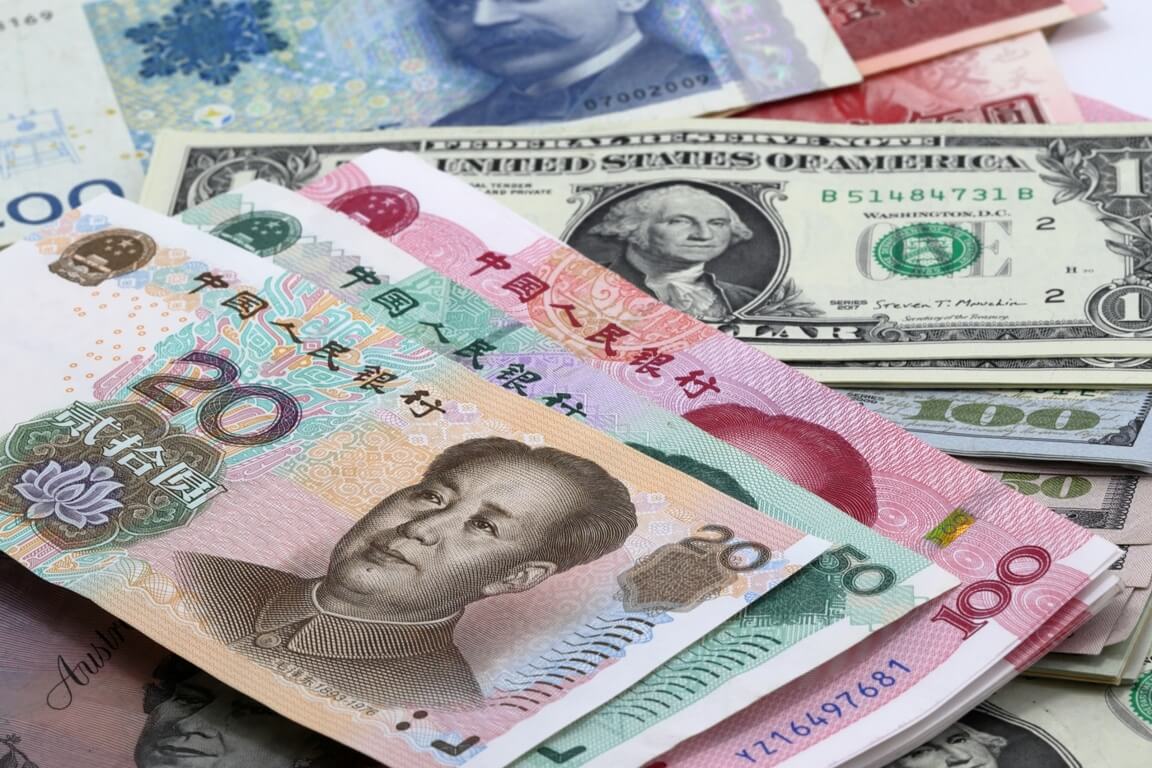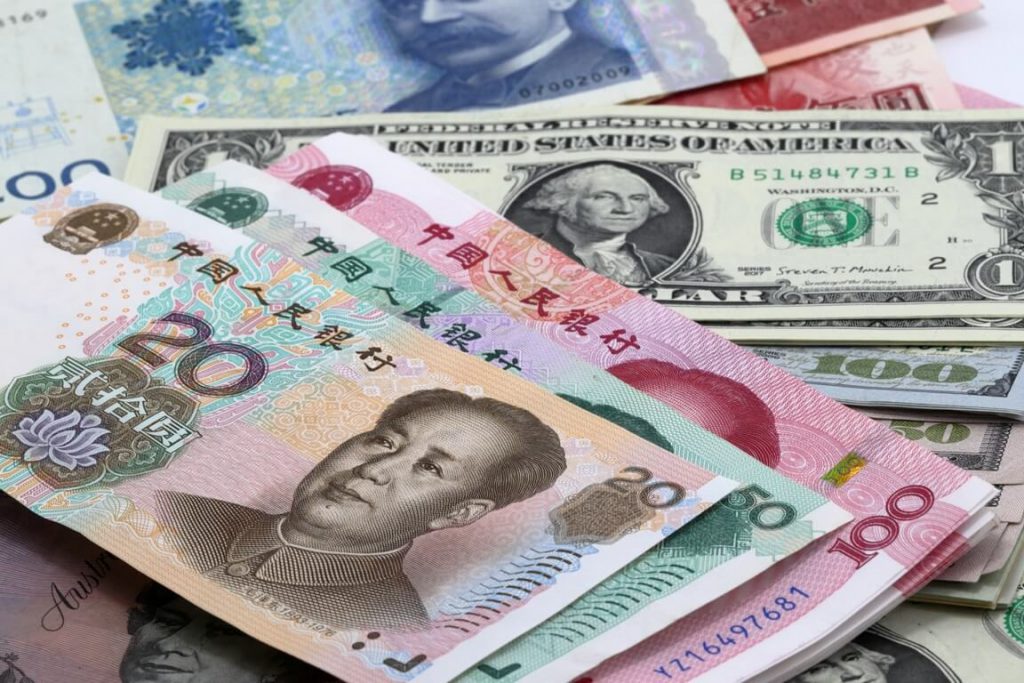
The Dollar Was Steady On Wednesday, While The Yuan Rallied
The U.S. dollar remained firm today ahead of the U.S. consumer price data due this week. Investors are waiting to see whether the report will confirm that inflation is slowing. The dollar index soared by 0.15% to 103.42 against a basket of six major currencies on Wednesday. Much anticipated Fed Chair Jerome Powell’s speech did not give traders any clues about the agency’s policy plans on Tuesday. Meanwhile, other Fed officials stated that their next moves would depend on new reports. Thus, market participants are focusing on U.S. CPI data.
Commonwealth Bank of Australia strategist Joe Capurso noted that another downward surprise to the core CPI would support less aggressive interest rate hikes from the Fed. He added that the greenback would decline in such a case because another weak CPI would encourage FX markets to continue shifting pricing for the Fed’s next meeting from a 50bp hike to a 25bp one.
On Wednesday, the common currency remained flat versus the dollar. A European Central Bank policymaker announced that the cycle of interest rate hikes was approaching its end. In addition, ECB staff released an article discussing the possibility of “very strong” wage pressures ending in the next few quarters.
On Tuesday, ECB’s governing council member Mario Centeno also mentioned that he expects inflation to drop in March, adding that the central bank would end its monetary tightening process soon. Due to these remarks, the Euro exchanged hands near its strongest level against the greenback in seven months. It stood firmly at $1.0733.
Chris Turner, ING head of currency Strategy, noted that the EUR/USD pair rallied, boosted by expectations of the Fed changing its policy in the second half of 2023. China’s recent reopening and hawkish reports from ECB also helped the single currency.
How Much Did Other Major Currencies Change Versus The Dollar?
The greenback has shaved off nearly 12% against the Euro since skyrocketing to a 20-year high in September. As the need for more interest rate increases wanes, traders have started expecting lower inflation. That would also cause the dollar to decline as it’s a safe-haven currency and usually rallies during a crisis.
Still, market players avoided selling dollars during the last month, and the Euro struggled to move higher. That’s because the U.S. Fed hints that more hikes are coming while the global economic outlook remains bleak.
Meanwhile, the Asian risk-on currencies surged forward after China’s reopening. The Yuan rallied to 6.7737 on Wednesday. It traded lower than its five-month peak hit recently.
The Australian dollar climbed up by approximately 0.1% higher, trading at $0.6900 today. New data showed that the annual pace of inflation jumped to 7.3% in November. The central bank might decide to increase rates to hinder it.
How Are The EM Currencies Faring?
The Singapore dollar has skyrocketed to 19-month highs this week. At the same time, the Thai baht hit a nine-month peak. Investors expect tourism to pick up in the region with the opening of China’s borders. Moreover, Emerging market stocks soared to six-month highs today. However, they lowered again later as traders remained cautious ahead of U.S. inflation data.
EM currencies added against a steady greenback, briefly jumping to seven-month highs. They were set on a course to mark their thirteenth consecutive session of gains. Overall, the EM currencies index has risen by nearly 7.6% since 2022 lows reached in October. On the other hand, MSCI’s index of emerging market stocks added only 0.1%. Despite that, it remained on course to mark its seventh consecutive day of the longest positive run since November 2021.
On Wednesday, Egypt’s pound plummeted to a new low, dropping below 32 to the greenback. The country’s central bank decided to move to a more flexible exchange rate. That will happen under the terms of an International Monetary Fund financial support package.
Stuart Cole, the head macroeconomist at Equity Capital in London, noted that the government is gradually removing all the restrictions they had placed on allowing access to forex. As they do that, the EGP will decline until it matches the black-market rate.
Meantime, South Africa’s rand climbed up by 0.3% on Wednesday. Turkey’s lira remained flat, however. According to new data, the country’s current account deficit in November soared to $3.666 billion.


